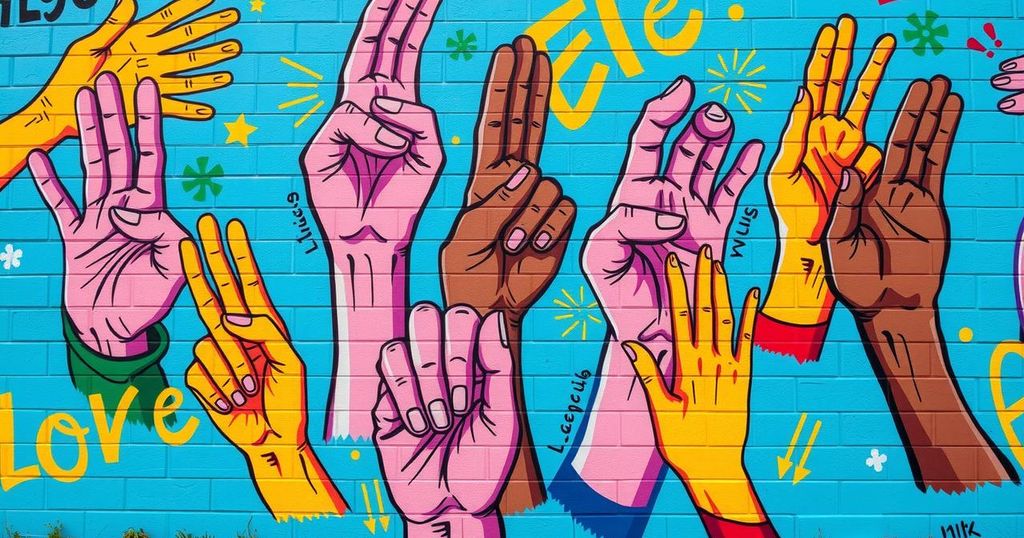Namibia’s Deaf Community Advocates for Sign Language Recognition
Namibia’s deaf community urges government recognition of sign language as a national language for inclusivity. NNAD’s director, Linekela Nanyeni, stresses the need for this recognition to combat societal inequality. Parliamentary committee support indicates progress, with recommendations for sign language use in parliamentary sessions and education. Deputy minister Alexia Manombe-Ncube emphasizes the necessity for families to learn sign language, promoting effective communication across all societal sectors.
The deaf community in Namibia is advocating for the recognition of sign language as a national language to promote inclusivity. The director of the Namibian National Association of the Deaf (NNAD), Linekela Nanyeni, emphasizes that without this recognition, the nation remains unequal. He expressed hope that the parliamentary standing committee would endorse the motion to include sign language in parliamentary sessions, marking a significant advancement for both Namibians and the global deaf community.
During discussions, Nanyeni highlighted the importance of sign language recognition for societal improvements, arguing that it would enhance communication and inclusivity. He urged the incoming Cabinet to expedite this process, making governance more people-centered and responsive. The committee on constitutional affairs presented a report to recognize Namibian sign language and advocated for a sign language interpreter during parliamentary debates.
Chairperson Kletus Karondo stated that the National Assembly has committed to utilizing sign language within parliamentary proceedings. The motion, initiated by deputy minister Alexia Manombe-Ncube last year, aims to reinforce that communication is a fundamental human right. Karondo noted that Namibia is a signatory to the UN Convention on the Rights of Persons with Disabilities, which mandates respect for the rights of all individuals, including those with hearing impairments.
Manombe-Ncube asserted that sign language is an independent language crucial for families, especially since many deaf children are born into non-deaf families. She stressed the need for sign language education at early childhood development centers to ensure effective communication in various societal contexts such as homes, schools, and healthcare institutions. Failure to learn sign language, she warned, diminishes the ability of many Namibians to communicate effectively in various essential settings.
The call for the recognition of sign language as a national language in Namibia is a vital step toward fostering inclusivity for the deaf community. The parliamentary committee’s support, combined with advocacy from the NNAD, emphasizes the need for communication rights in various public settings. The initiative to incorporate sign language into parliamentary affairs signifies a broader commitment to equal rights for all citizens, reinforcing the essentiality of communication in building an inclusive society.
Original Source: www.namibian.com.na




Post Comment